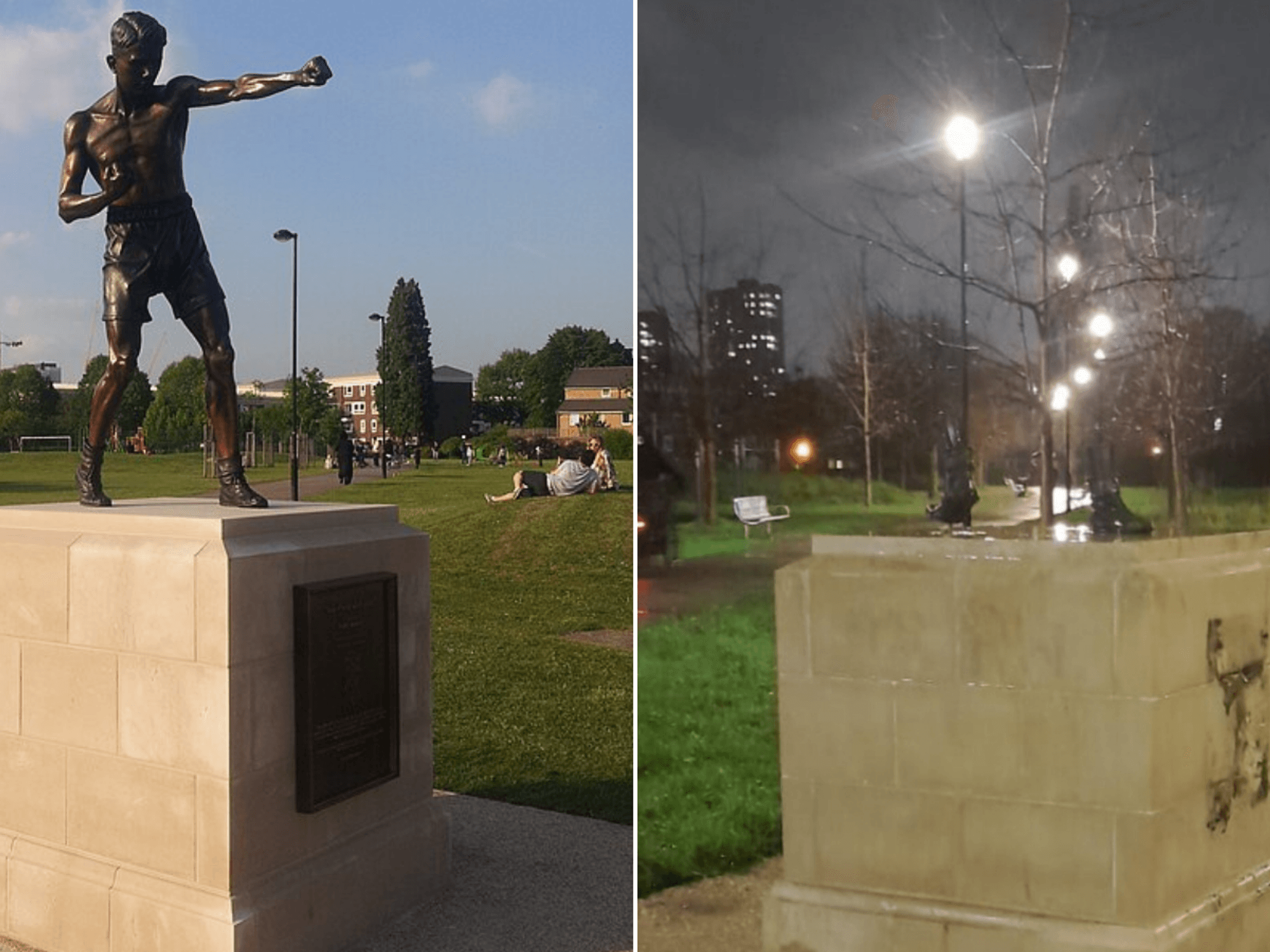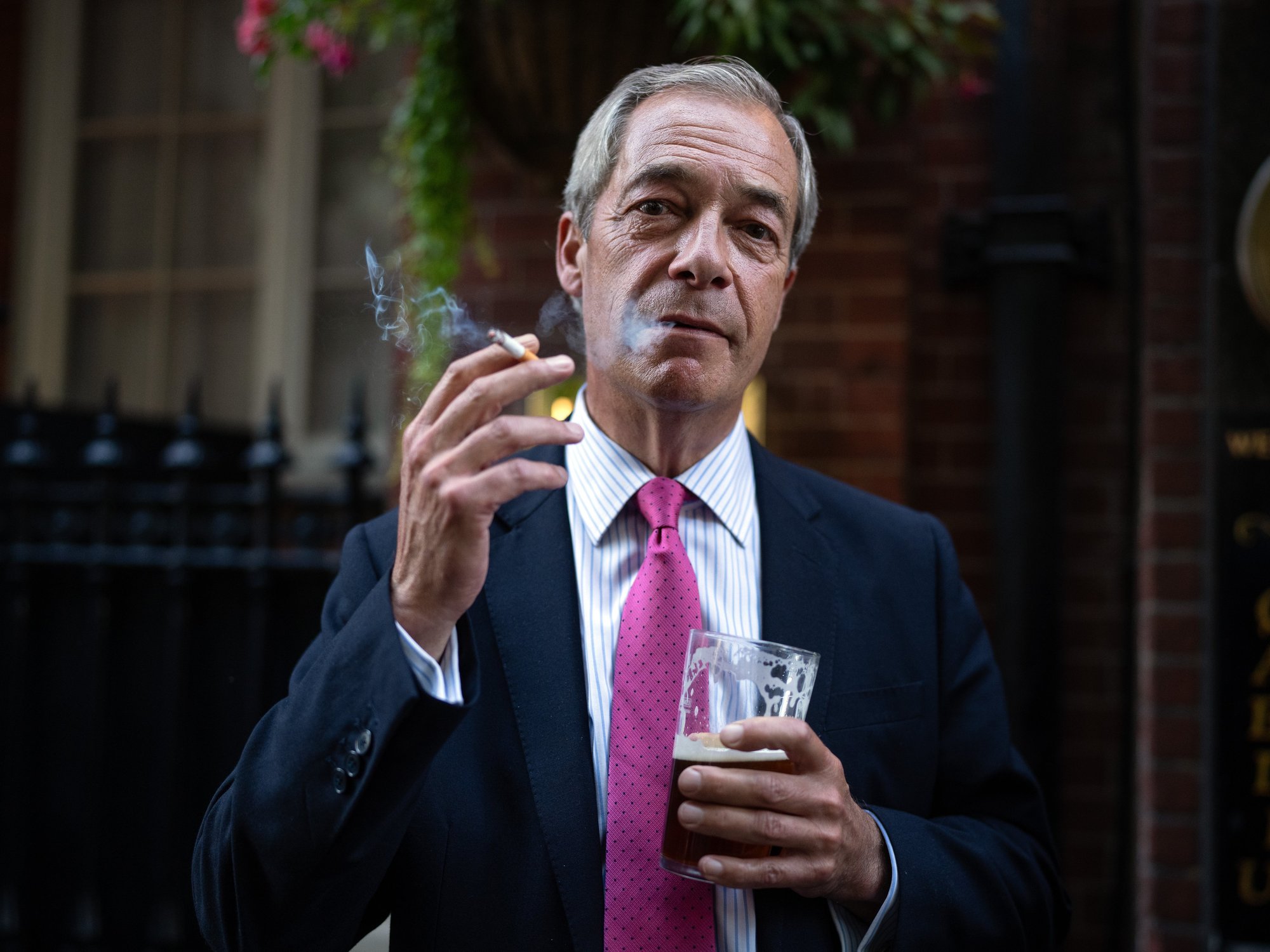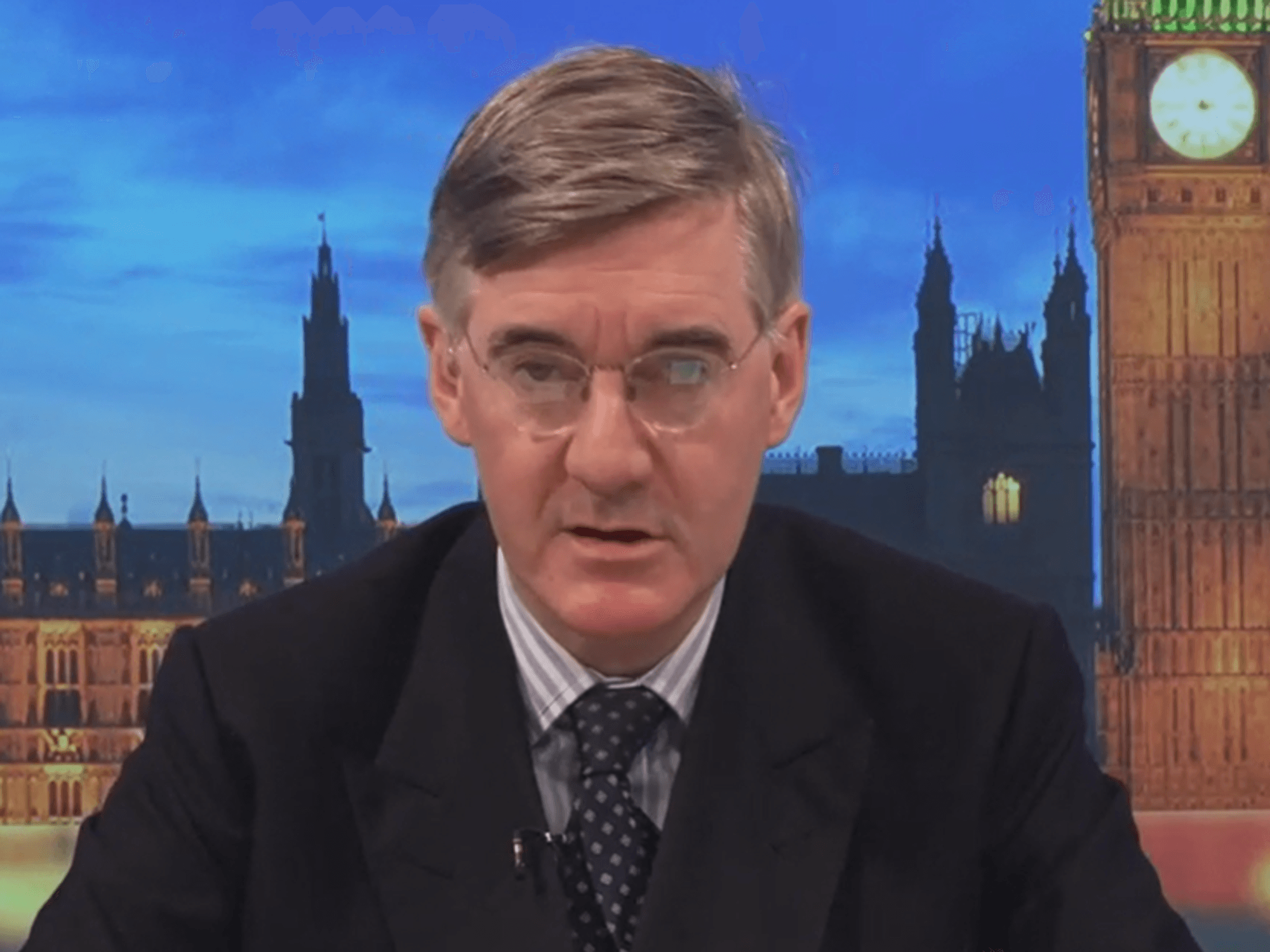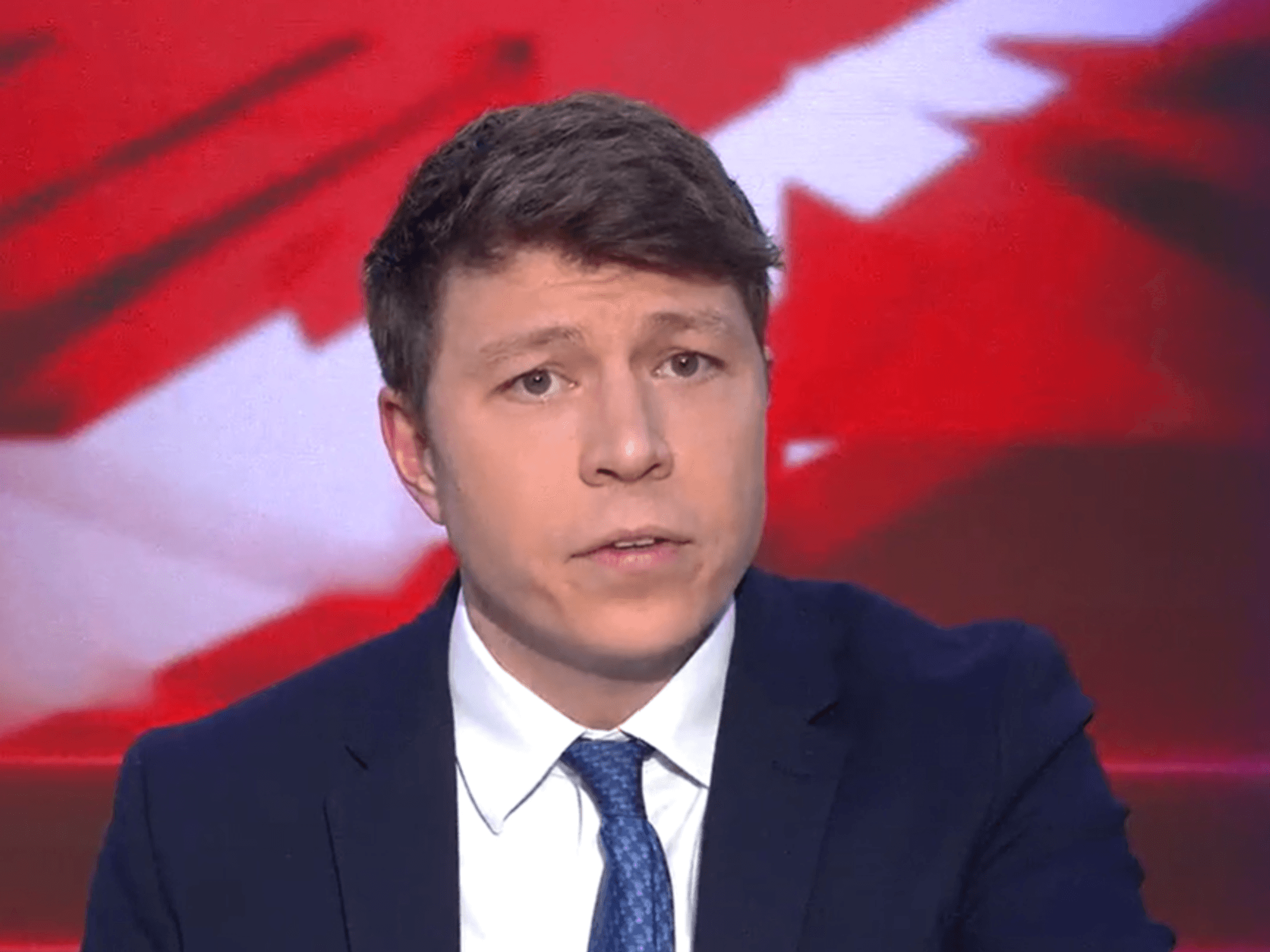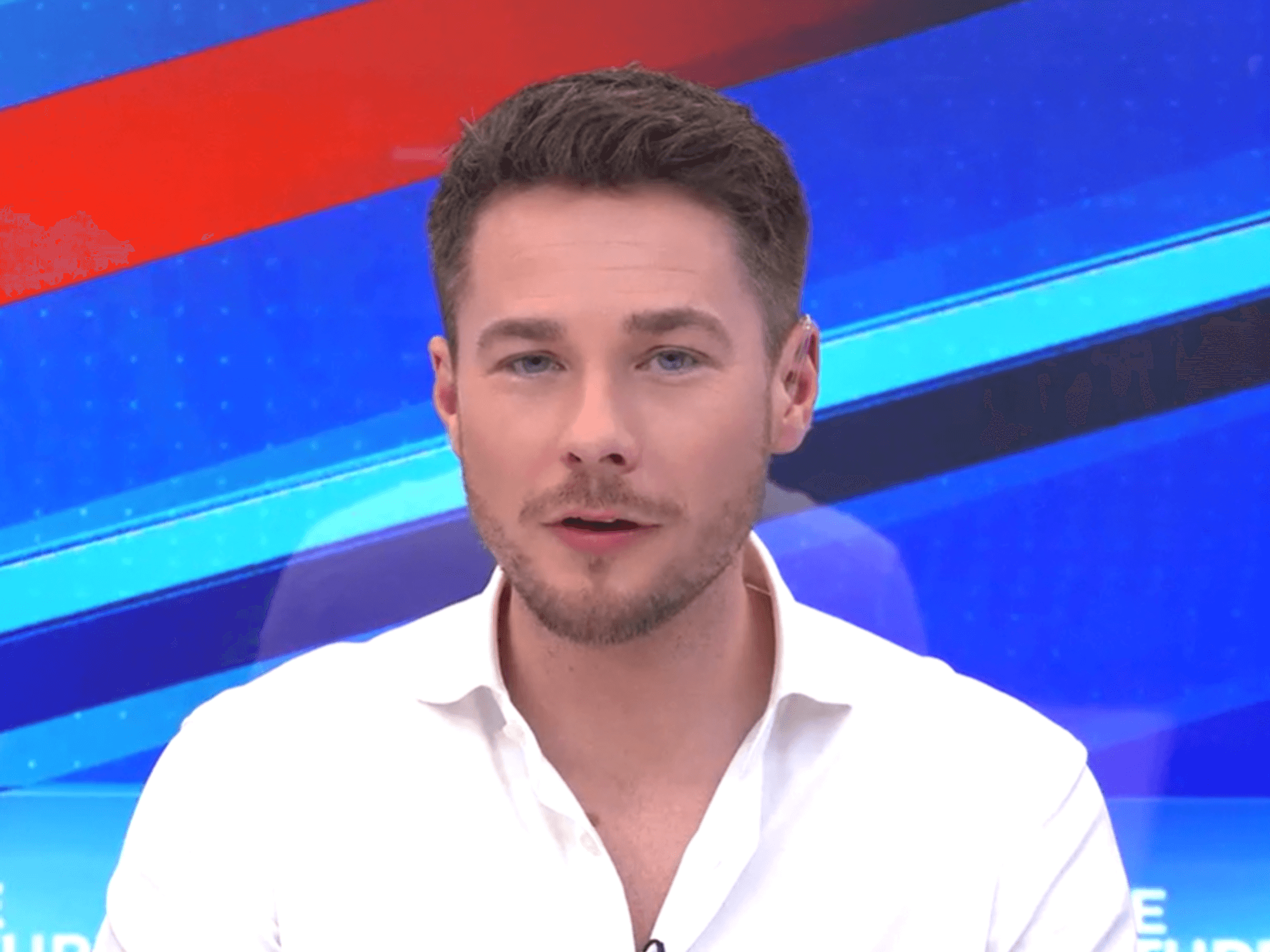BBC scolded for 'deliberate deception' after doctoring Donald Trump speech: 'Terribly unprofessional!'
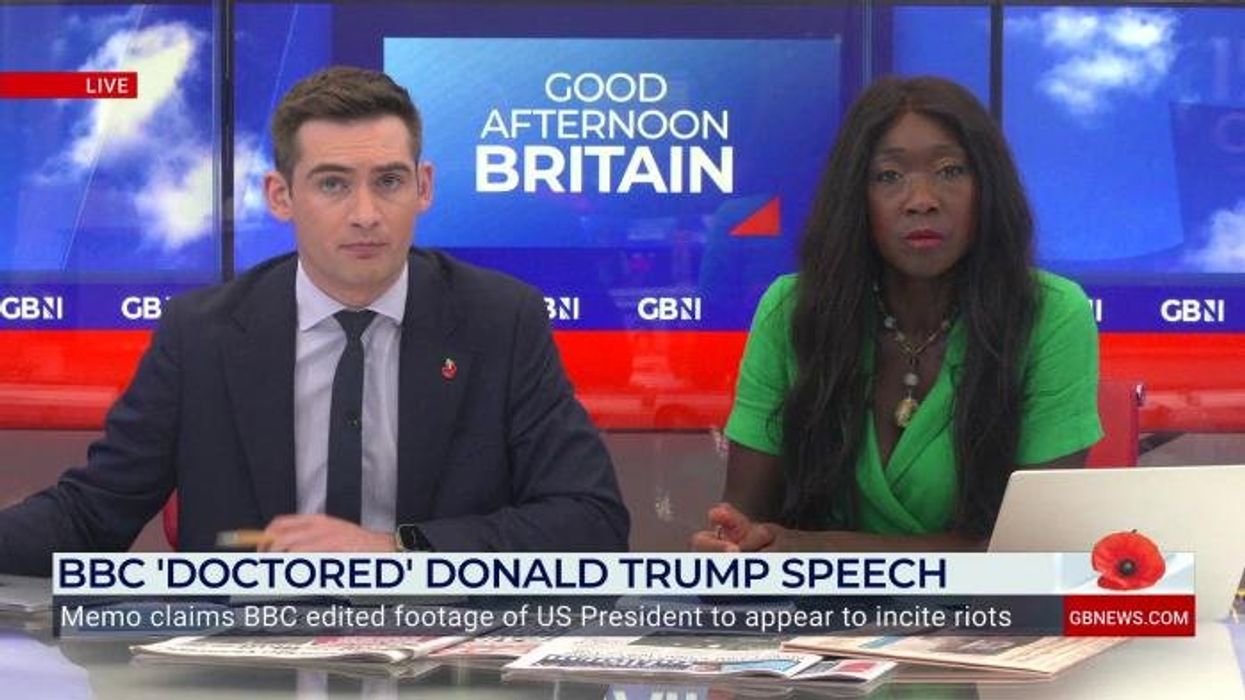
WATCH NOW: BBC scolded for 'deliberate deception' after doctoring Donald Trump speech
|GB NEWS

A spokesman for the BBC said it takes any feedback 'seriously' and 'considers it carefully'
Don't Miss
Most Read
Trending on GB News
The BBC is "doing everything it can not to earn trust" and has demonstrated "terrible unprofessional journalism" with its Panorama documentary scandal, it has been claimed.
Speaking to GB News, journalist Stephen Pollard said the decision by the broadcaster is "deliberate deception" to BBC viewers.
In its flagship Panorama programme, Mr Trump appears to say: "We're gonna walk down to the Capitol and I'll be there with you and we fight. We fight like hell and if you don't fight like hell you're not gonna have a country any more."
However, the US President instead told the crowds that "everyone here will soon be marching over to the Capitol building to peacefully and patriotically make your voices heard".
TRENDING
Stories
Videos
Your Say
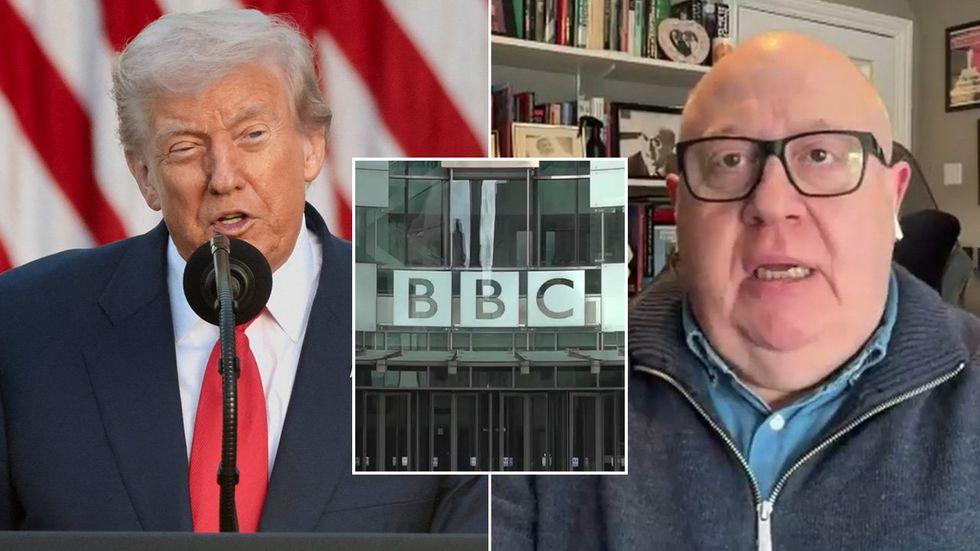
The BBC has been scolded for their 'deliberate deception' of Donald Trump's January 6 speech
|GETTY / PA / GB NEWS
Discussing the scandal, Mr Pollard told GB News: "It's ironic, really. A few weeks ago, the BBC started broadcasting its 90-second glossy advert for its own brilliance.
"Talking about AI and deep fakes and so on with the final words 'trust is earned'. Well, yes, trust is earned, and unfortunately, the BBC is doing everything it can not to earn trust."
He added: "Who needs AI when you have the BBC itself faking speeches by the President of the United States?"
Highlighting the "deep-seated problem" within the broadcaster, Mr Pollard explained: "It's not that there's a few bad apples who doing these this terribly unprofessional journalism, it shows a more deep-seated problem.
LATEST DEVELOPMENTS
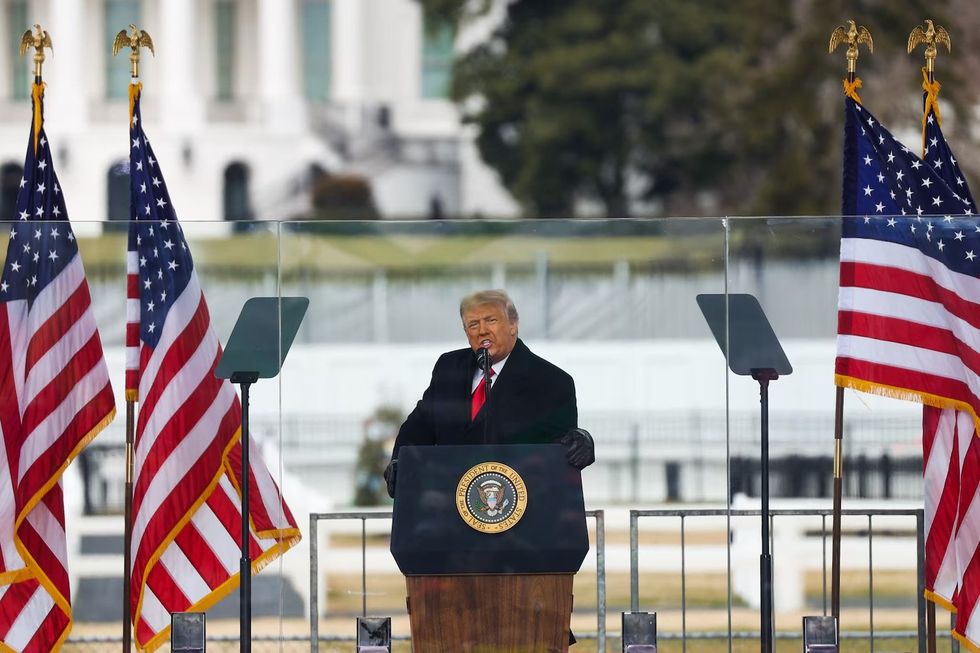 BBC Panorama 'doctored' Donald Trump's January 6 speech to make it appear as though he was encouraging the Capitol riots | GETTY
BBC Panorama 'doctored' Donald Trump's January 6 speech to make it appear as though he was encouraging the Capitol riots | GETTY"That far from wanting to address it, they either depending what gloss you put on it, they either ignore it or they want to cover it up."
Asked by host Tom Harwood if the scandal could have been "absolved" had the BBC disclosed the speech was edited, Mr Pollard agreed: "If you make it clear that editing happens, like when editing a newspaper, you don't necessarily reprint the entire speech, you reprint parts of it, but you make it clear either with three dots or whatever to show that a sentence has been mangled.
"Or on television, with a break. There's nothing wrong with showing highlights, from a speech. But the issue with this is it's not simply that they they edited them together, it was done so deliberately, desperately, to make it look like it was one continual sentence."
He stated: "They used software that did exactly that, and it's difficult to think of any words other than a deliberate deception."
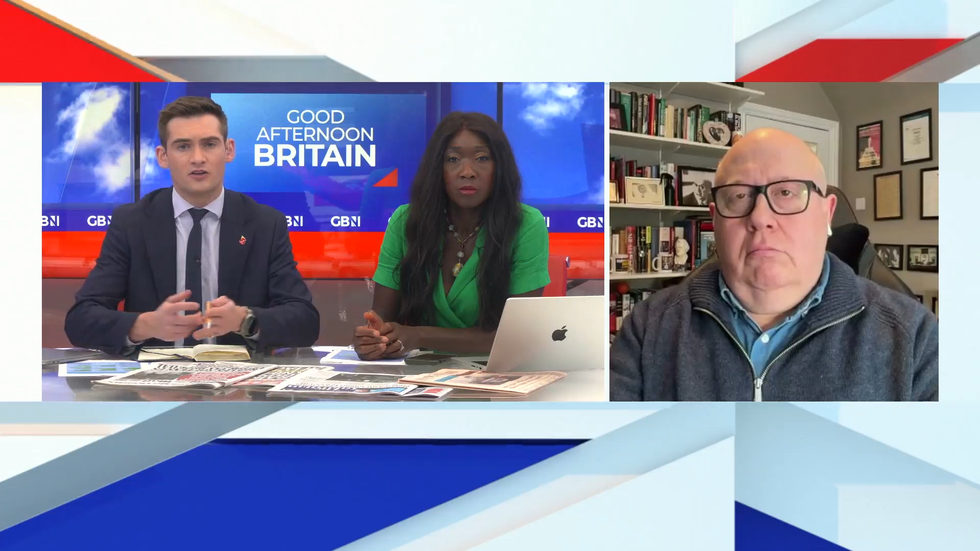
Mr Pollard told GB News that the decision was a 'deliberate deception' of the speech
|GB NEWS
Concluding that the worst part of the doctoring scandal is the broadcaster's "response", Mr Pollard said: "It's a terrible thing, don't get me wrong, but in a way the worst hing is the BBC's response to the memo, the 19-page memorandum by Michael Prescott.
"He sees what's happening, he says how terrible it is, and he writes, first of all to two people, effectively the editor in chief of news at the BBC and gets nowhere with them, and he then he's so frustrated that he then writes to the relatively newly appointed BBC Chairman.
"And he said frustratingly, they're not listening to a word I'm saying, and then he says, surely you will agree that this is a terrible precedent, those are the exact words he uses, and you're going to take action. And what was the response? Nothing. Michael Prescott didn't get a response."
A BBC spokesman said in a statement: "While we don't comment on leaked documents, when the BBC receives feedback it takes it seriously and considers it carefully.
"Michael Prescott is a former adviser to a board committee where differing views and opinions of our coverage are routinely discussed and debates."
More From GB News





